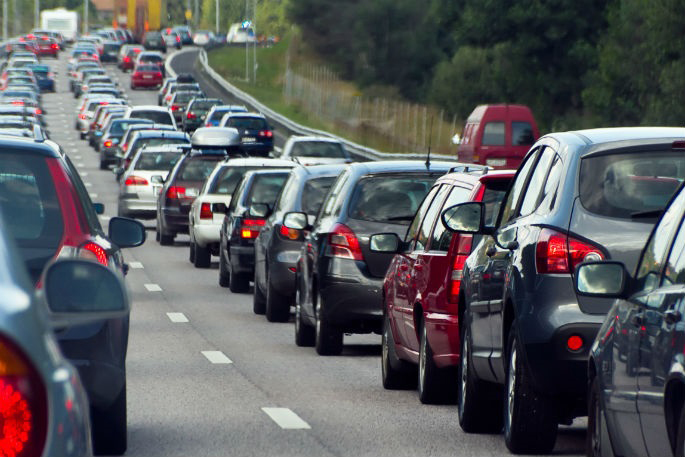Fuel companies are pushing back against the Prime Minister's claim that New Zealanders are being "fleeced" at the pump.
With petrol prices reaching record highs, Jacinda Ardern yesterday launched an attack on fuel importers and accelerated plans to give the Commerce Commission new powers to investigate them.
Gull general manager Dave Bodger told RNZ the market was competitive and its prices were fair.
"From Gull's point of view, we're well known for having some of the best prices in the market, so I don't believe we're fleecing anybody at all."
Dave says Jacinda is "entitled" to say what she wanted but while margins had increased since 2008, they were coming off a very low base.
"At that point in time, oil companies were looking to leave New Zealand and that would have been frightening for our actual infrastructure."
Pump prices had been driven up by a weakening New Zealand dollar, increasing crude oil costs and additional taxes, says Dave.
"You've had that - bang, bang, bang, bang - unfortunately for Mr and Mrs Kiwi motorist - several punches all at once."
In a statement, Z Energy says it disputed that prices were "unjustifiably high" and disagreed that customers were being fleeced.
"Z believes the fuel market is highly competitive, but the way to satisfactorily demonstrate this and give consumers the confidence they need is to have the level of transparency that a market study can bring," says Z chief executive Mike Bennetts.
Mike says Z's profit margin was not the reason for the price surge.
"Z will release its half year financials in early November. We look forward to sharing an audited, accurate view of our profits with the public then."
A Commerce Commission market study was "the most sensible way forward" and Z would cooperate fully, says Mike.
BP also issued a statement, saying it reviewed its fuel prices daily to ensure they were "as competitive as possible".
"Recent price changes have been influenced by increases to the cost of product and the weakening NZ dollar," says BP NZ managing director Debi Boffa.
"In addition to this, the government recently introduced the Auckland Regional Fuel Tax plus increased the national fuel excise by 3.5 cents per litre (plus GST), impacting the price of fuel for motorists in Auckland and across the country."
In a statement, Mobil Oil manager Andrew McNaught says New Zealand had a "highly competitive petroleum market".
"Mobil's prices since January 2018 have not moved in line with overall increases in tax, product cost and foreign exchange rates."
Andrew says Mobil's operating expenses and margins accounted for about 18 per cent of the pump price.



3 comments
Margins
Posted on 09-10-2018 08:25 | By Merlin
Margins have increased by 35 cents says it all really.How come the price in Australia is way below here.
Merlin you are wrong!
Posted on 09-10-2018 08:56 | By jed
Too simplistic Merlin. Gas stations made 0 profit on gas a few years ago and increased margins to make some profit, fair enough. Prices are increasing because the oil price is rising, the dollar is falling, and new taxes. Now 112c for every litre of petrol goes in tax. Australia has lower petrol taxes so is cheaper.
How come
Posted on 09-10-2018 11:15 | By usandthem
where there is a gull service station the other companys in the vicinity's prices are reasonably competitive but if no gull is nearby their prices are somewhat dearer? A case in point, the Z at central parade has the dearest fuel in the Mount simply because it is the northern most service station with no close competition, the same applys to Tauranga with Caltex at Greerton usually the dearest.Many of these different branches of these same companys are owned by the same person,so what they lose on one that is close to a Gull they make up for it at another branch.
Leave a Comment
You must be logged in to make a comment.